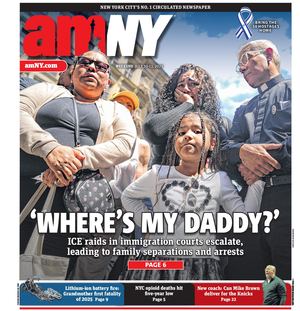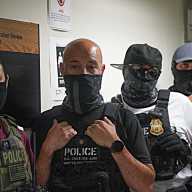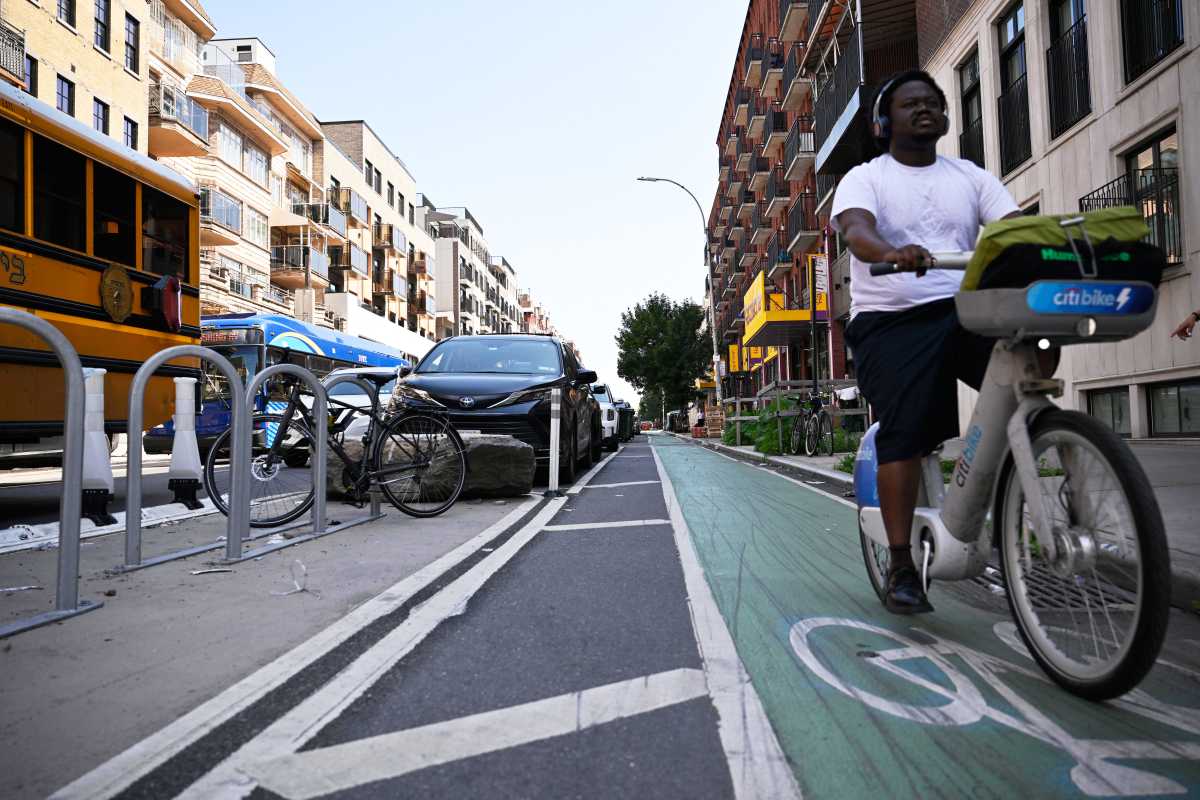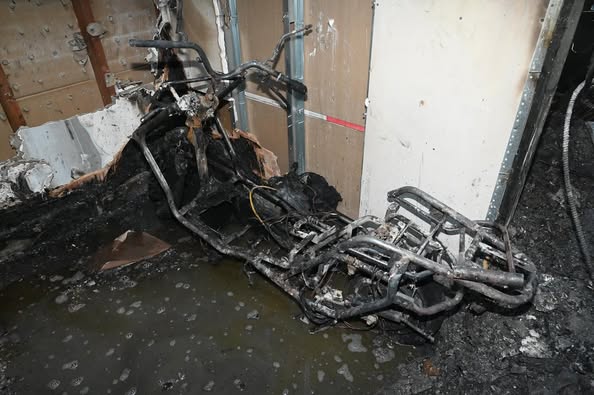If you didn’t realize that a U.S. citizen believed to be a top al-Qaida operative was brought to Brooklyn from Pakistan to face terrorism charges, you’re not alone.
Muhanad Mahmoud al-Farekh was born in Texas and studied in Canada before flying to Pakistan in 2007. His first federal court appearance April 2 on charges of conspiring to kill Americans was uneventful. That’s no surprise. Since 9/11, about 500 terror suspects have been brought to justice in federal courts, and the dire consequences critics predicted if they stood trial on U.S. soil — disruption, attacks and a propaganda bonanza for terrorists — haven’t materialized.
Over the same period, military commissions at Guantánamo Bay have led to just eight convictions.
That leaves little doubt about the better forum to resolve the cases of men detained at Guantánamo — many for more than a decade. But Congress thwarted President Barack Obama’s plan for federal trials in 2009 when it prohibited using federal funds to bring any Guantánamo prisoners to the United States. That ban should be repealed.
Of 122 men still imprisoned at Guantánamo in January, 54 were judged no longer threats and were cleared for release, many by both the Bush and Obama administrations. Thirty-six have been declared too dangerous to release, although officials lack evidence needed to prosecute. The other 32 should stand trial in federal courts and, if convicted, they could safely be locked away in federal prisons.
But while the Bush administration released 532 detainees, and the Obama administration 122, according to the American Civil Liberties Union, only one detainee has ever been brought from Guantánamo to the United States for trial. Ahmed Ghailani was transferred to the Southern District of New York in Manhattan in 2009 on charges related to the 1998 U.S. embassy bombings in East Africa. He was convicted and sentenced to life in prison.
Guantánamo is a stain on the United States’ reputation as the world’s standard-bearer for due process and individual rights. The federal court system, especially the fine ones in Brooklyn and Manhattan, are exemplars of those ideals. Let them do the job.





































